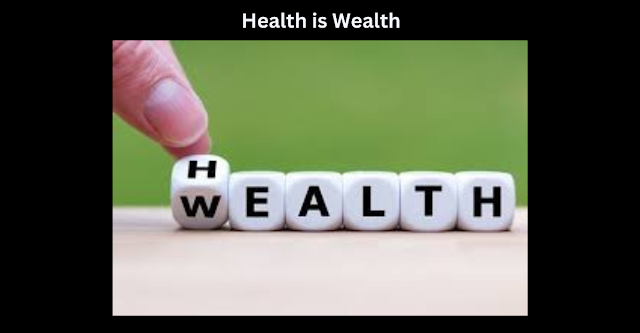How to avoid overeating in depression
How to avoid overeating in depression and what
are the reasons for it?
Boredom, stress, restlessness and
fatigue are the effects of most people's unhealthy eating habits. According to
a survey by the British Nutrition Foundation, it has become more common,
especially during the lockdown, that we are eating many things under stress
that are less healthy than what we eat on normal days.
Reasons for overeating in depression
Mental stress can be a major reason for overeating in difficult situations. British doctor Aisha says, 'Our body doesn't know the difference between the pressure of a lion running after us and the pressure of an office deadline.'
According to dietitian Sophie
Madelin, "When you're under some kind of stress, you want to eat something
that's easily digestible and gives you a quick boost so you can fight or run
away... and that's sugar or carbohydrates." Almost two-thirds of Britons
surveyed said they cite boredom as the main reason for binge eating during
lockdown. Researchers have linked eating out of boredom to an escape. But the
good news is that boredom can also lead to eating a lot of healthy foods, as
long as they taste good.
Even if we don't get enough
sleep, researchers say we eat about 400 extra calories a day. Because we eat
and drink things that are quickly digested, such as carbohydrates, to stay
awake. "Sleep also increases our hunger hormones," Medlin said.
After eating, the body produces
dopamine, a brain chemical that makes you feel happy. Some foods, especially
those high in fat or sugar, produce more dopamine in the body than usual. And
this is called 'the pleasure trap', that is, the trap of feeling happy. So says
Dr. Douglas Leslie, a psychologist and author of the book The Pleasure Trap:
Mastering the Hidden Force That Undermines Health and Happiness.
Your instinct tells you to get
the most pleasure with the least pain and worry. But the more you activate your
brain's pleasure receptors, the less effective they will be.
How to avoid stress eating:
According to Dr. Rangan Chatterjee, author of the books 'Feel Great, Lose Weight' and 'The Stress Solution', divide your eating habits into three categories...
Feeling recognition:
When
you feel hungry, ask yourself if you are bored, lonely, or stressed. And if you
still feel hungry, eat.
Food:
Understand that the food you choose to eat is in line with the answer to the first question, that is, the feeling you are going through. Now tell me how you felt after eating? Did it feel better than before, worse than before, or no difference at all?
Any other way:
Can you
find any other way to cope with your mental confusion or emotions other than
eating? This could be anything, for example, yoga, exercise, taking a bath,
sleeping, talking to a friend on the phone, or trying to reduce anxiety by
taking deep breaths.
There are many times when we feel
better after eating. A dinner and a movie together or baking can help to cope
with emotional problems.
Nutritionist Rachel Hartley
believes that mindful eating makes you remember the experience and feeling of
eating longer, while eating under pressure has the opposite effect.
Another important thing is that
being emotional does not necessarily mean eating inappropriate things.
Be kind to yourself
If you find yourself feeling more
emotional these days and eating for emotional reasons, remember that we were
going through extraordinary times during the Corona pandemic. Nutritionist
Priya Teo says, "There was nothing wrong with eating emotionally during
the Corona pandemic."
Priya believes that it is time to
take extra care of yourself and those around you. Keep your body as
well-nourished as possible and do things that bring you joy.
While you should always strive to
maintain a balanced diet, a little too much is more than enough these days.
Just try to protect yourself from feelings of guilt, anxiety, and unnecessary
fear. This is especially important for those who struggle with negative
thoughts about food or are trying to overcome unhealthy eating habits. Be kind
to yourself.










